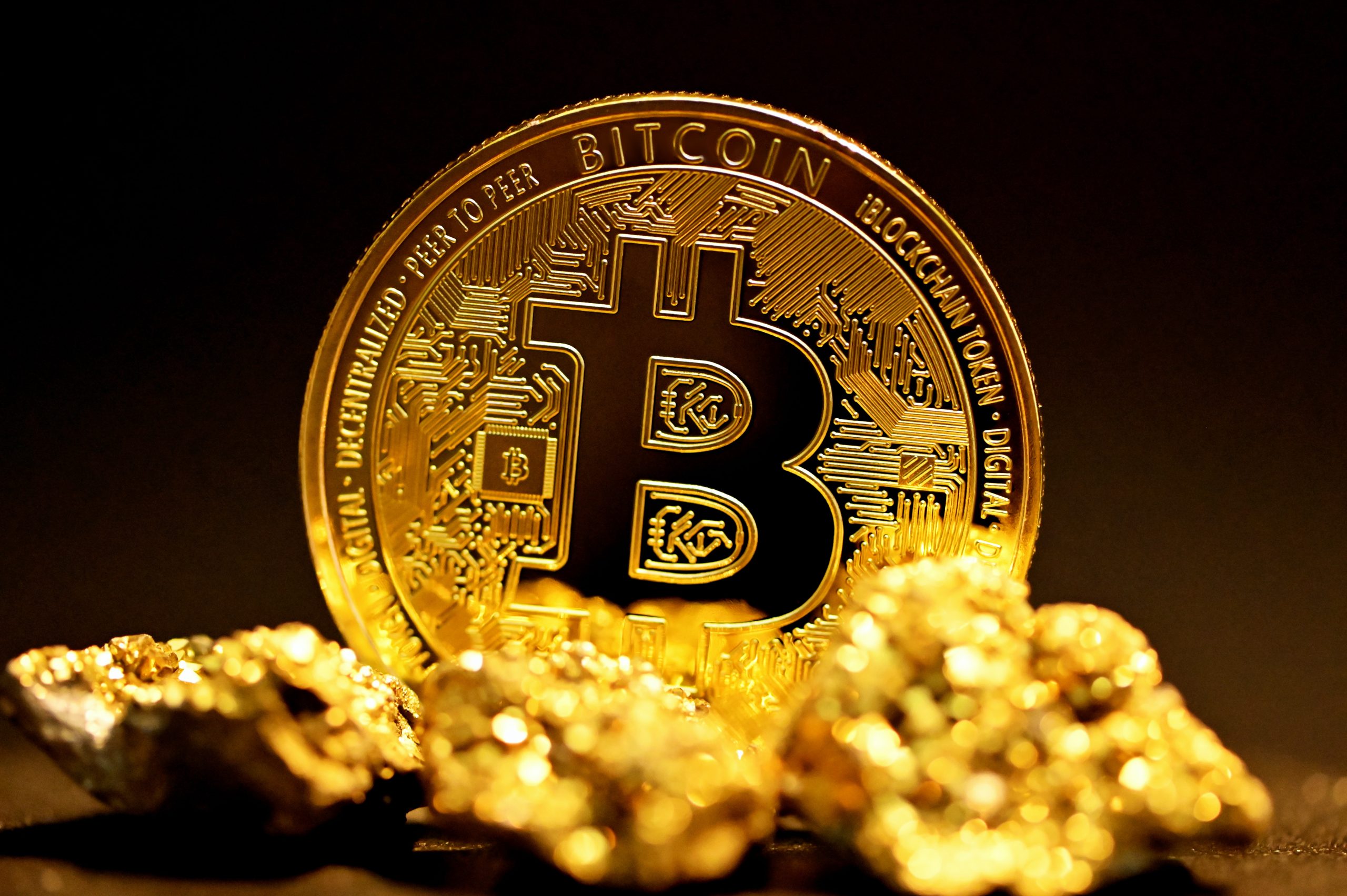In what could end up being major news for all Bitcoin enthusiasts, U.S. Securities and Exchange Commission (SEC) Chairman Gary Gensler said earlier this morning on CNBC’s Squawk Box that he still believes Bitcoin as a commodity is still correct. But what does this really mean? Let’s take a look at what a commodity is and how Bitcoin fits into this asset group.
What is a Commodity?
A commodity is a basic good used in commerce that is interchangeable with other commodities of the same type. Commodities are most often used as inputs in the production of other goods or services. The quality of a given commodity may differ slightly, but it is essentially uniform across producers. When speaking about commodities, people usually think about natural resources like oil or gold. These natural resources are abundant, but not unlimited and therefore their prices can fluctuate based on market conditions.
Types of Commodities
There are two types of commodities: hard and soft. Hard commodities are typically mined (like precious metals) while soft commodities are agricultural products (like wheat or coffee beans). Both hard and soft commodities can be traded on commodity exchanges and their prices are determined by supply and demand.
Why is Bitcoin Labelled a Commodity?
Bitcoin is a digital asset, not a physical one, so it doesn’t fall neatly into either the hard or soft commodity category. That being said, there are similarities between Bitcoin and other commodities. For example, just like gold, Bitcoin is scarce and there is a limited supply of 21 million BTC. Furthermore, both gold and Bitcoin are often used as a hedge against inflation or economic uncertainty. For these reasons, it’s not surprising that Gensler believes that Bitcoin as a commodity is still the correct definition.
Bitcoin as a commodity: Why Does This Matter?
Since Bitcoin is still classed as a commodity, it will continue to be regulated by the Commodity Futures Trading Commission (CFTC), not the SEC. This news will likely come as a relief to many that are concerned about increased regulation from the SEC. However, it’s important to note that this doesn’t mean that the SEC won’t regulate digital assets in the future.
For more cryptocurrency news and informative articles, visit our archive.
